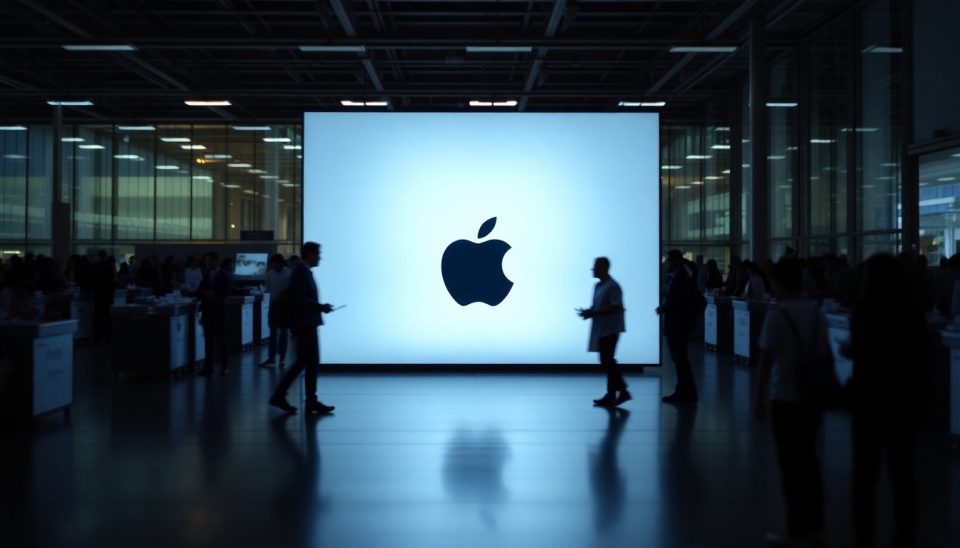
In a striking move that has sent ripples through the technology sector, several of Apple’s key suppliers have seen their stock prices drop sharply following the implementation of new tariffs that are affecting the iPhone supply chain. The economic implications of these tariffs have left investors and industry experts concerned about the future of many companies that are integral to Apple’s ecosystem.
This recent development comes on the heels of ongoing trade tensions that have escalated between the United States and other countries, particularly with China. As one of the largest technology companies in the world, Apple's extensive supply chain relies on a network of suppliers for critical components necessary for their flagship product, the iPhone. With increased tariffs now applied to these components, the cost of manufacturing could soar, ultimately impacting the pricing strategies of Apple and the satisfaction of its customer base.
Market analysts have observed a significant downturn in shares of companies responsible for producing parts such as semiconductors and display components. These suppliers, many of which are located in Asia, are feeling the immediate effects of the tariffs. Reports indicated that stock prices fell by as much as 15% in one trading session alone, highlighting the vulnerability of tech suppliers in the face of geopolitical decisions.
The cascading effects of these tariffs extend beyond mere stock prices; they also threaten to disrupt the supply chain's efficiency. Experts fear that the added financial burden will lead to higher costs for consumers, who may face increased prices for new iPhone models or find themselves waiting longer for delivery as companies grapple with adjusting their supply chains.
Apple has yet to issue an official statement regarding the tariffs, but industry analysts suggest that the tech giant will need to respond strategically. Options might include re-evaluating its sourcing of materials, shifting production to countries with more favorable trade relations, or possibly absorbing the extra costs in order to maintain its competitive edge in the market.
This adverse situation underscores a more extensive issue within global supply chains, particularly in technology manufacturing. As companies face potential retaliation from the U.S. government regarding trade negotiations, many are left scrambling to find solutions to mitigate these impacts on both production and profitability.
The ramifications of these tariffs on Apple’s suppliers will likely continue to unfold in the coming weeks, and stakeholders in the technology sector are watching closely. The potential for further escalations in trade conflicts raises questions about the long-term sustainability of Apple's supply chain, and it might prompt a reevaluation of how major corporations manage supplier relationships in an increasingly volatile global market.
In summary, the imposed tariffs have not only had immediate financial repercussions for Apple’s suppliers but also threaten to alter the foundational structure of how technology firms operate in today's climate of uncertainty.
#Apple #iPhone #SupplyChain #Tariffs #TradeTensions #TechnologySector #Markets
Author: John Miller




